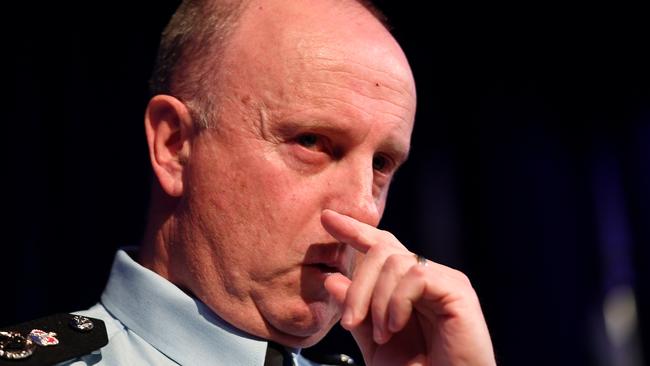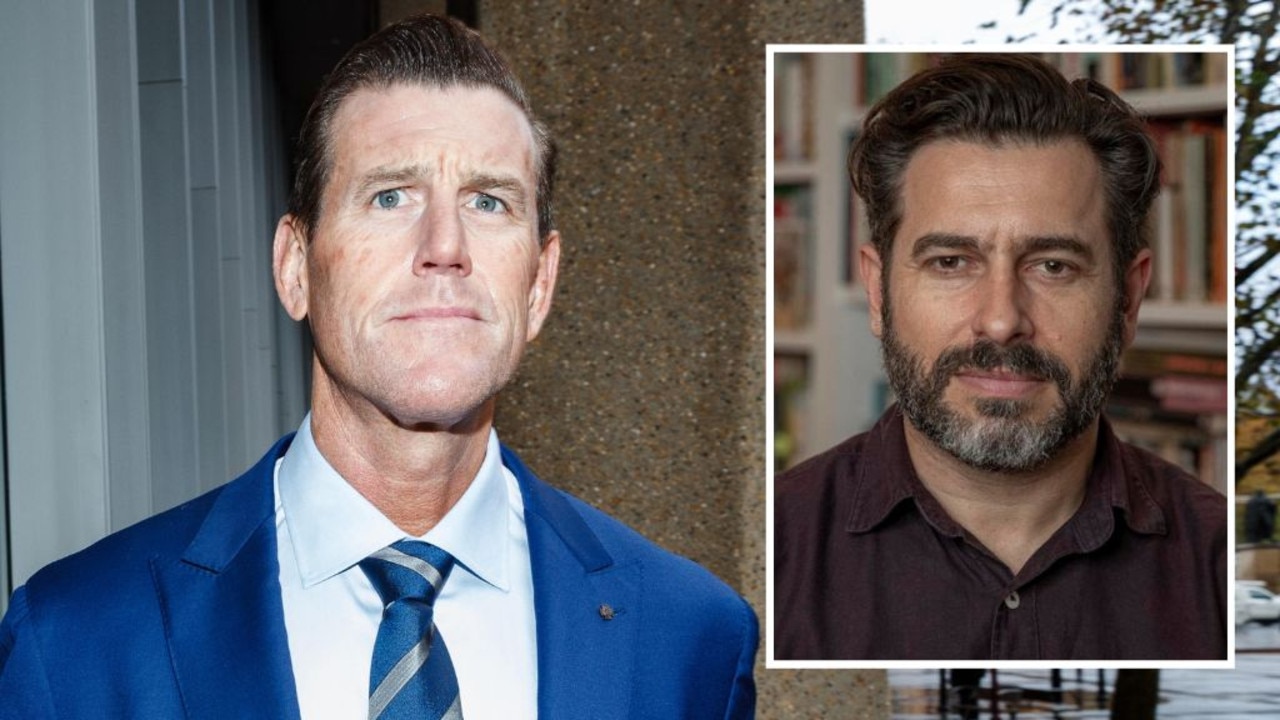AFP’s media raids damaged confidence: report
The Australian Federal Police has damaged its public standing by mishandling a series of high-profile raids on the media, report finds.

The Australian Federal Police may have damaged its public reputation in mishandling raids against the Sunday Telegraph and the ABC, a report released on Friday has found.
James Lawler, former CEO of the Australian Crime Commission and deputy commissioner of the AFP, was appointed by AFP commissioner Reece Kershaw to review the handling of last year’s raids.
“Community and stakeholder confidence in the AFP has been negatively impacted as a result of recent sensitive investigations,” Mr Lawler said.
“A clear objective of this review is to improve that confidence in, and support for, the AFP’s actions in protecting Australians and Australia’s interests.”
Mr Kershaw welcomed the findings of the report, noting he would require the AFP’s Audit Committee “to conduct regular monitoring to ensure full implementation of the options adopted from this report”.
“Implementing the options will provide a consistent approach, ensuring that sensitive investigations are quickly identified, have regular senior executive oversight and are handled in line with the public interest,” he said.
Mr Lawler’s report was sparked after back-to-back raids on the ABC and Sunday Telegraph journalist Annika Smethurst to determine who leaked sensitive information.
“The outcomes of this review will also have a direct, tangible and positive impact on how investigations involving journalists and media organisations are undertaken in the future,” the report said.
Media companies will be given greater warning if they are the subject of AFP sensitive investigations and hopefully relationships between police and journalists repaired.
“If the AFP implements effectively the options contained in this report then significant improvements to the conduct of investigations, including matters involving journalists and media outlets, will occur,” the report said.
“Further, community confidence in the AFP will be enhanced.”
The report notes how “the ABC raised how difficult it had been to engage with the AFP at senior levels” and recommends a change.

“The enhanced structures that the review is contemplating, particularly the role of the (senior executive group), Chief Counsel and the (senior investigative officer), should improve future engagement.” it said.
“There is merit to have this engagement conducted on a senior lawyer to senior lawyer basis, particularly when discussing arrangements to access and protect information that may be in the possession of media outlets. “
What’s also emerged is prior to this report the AFP had “no organisational definition of a sensitive investigation” and that one is sorely needed to avoid a repeat of the public relations disaster that followed last year’s raids.
“Those hoping for a simple, unambiguous, stationary, and non-prescriptive baseline of what constitutes a sensitive AFP investigation, may be disappointed in the review’s analysis and ultimate definition,” the report said.
But the AFP notes the guidelines into what constitutes a politically sensitive investigation are muddy, with the last review taking place in 2011 and the direction given by Peter Dutton in the wake of the raids failed to clarify what to do in another case like those which involved raids on the ABC and The Daily Telegraph.
“The guideline states that the AFP takes into account the importance of a free and open press in Australia’s democratic society and will consider “broader public interest implications” before undertaking investigative action involving a professional journalist or news media organisation,” it said.
“While public interest is a relevant consideration for investigators, it is unclear what ‘broader public interest’ means in this context.”
The report goes so far as to say “the guideline does not seek to provide any governance around managing the investigation process other than, where investigative action is to involve a professional journalist or news media organisation, the AFP appointee must consider: the public interest in a free and open press; whether relevant voluntary assistance can be obtained; and what alternative investigative avenues can be exhausted.”




To join the conversation, please log in. Don't have an account? Register
Join the conversation, you are commenting as Logout